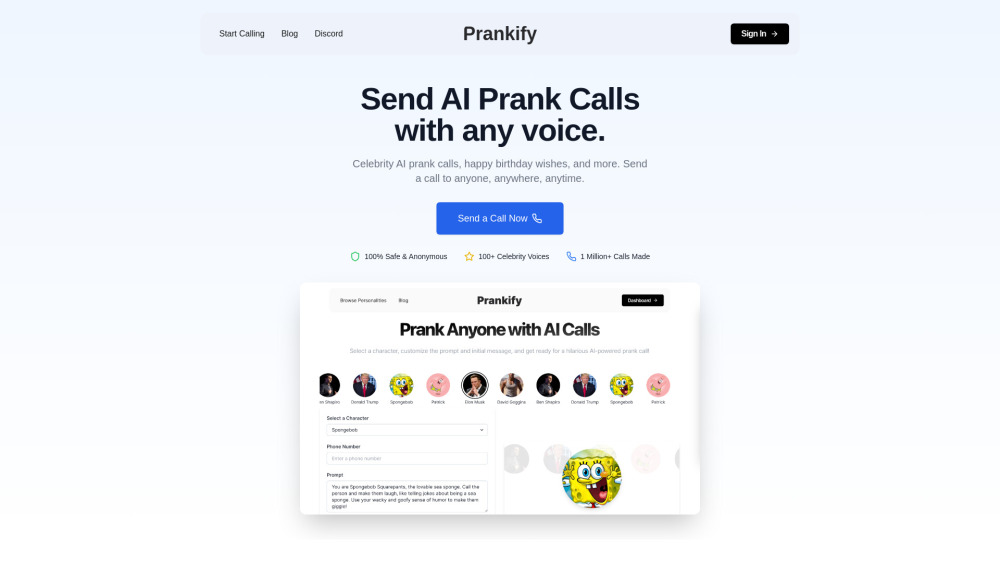Hugging Face has introduced SmolLM, a new series of compact language models that outshine offerings from Microsoft, Meta, and Alibaba's Qwen in performance. These models provide advanced AI capabilities for personal devices while maintaining high standards of performance and privacy.
The SmolLM lineup includes three sizes: 135 million, 360 million, and 1.7 billion parameters, catering to diverse computational resources. Remarkably, these models deliver exceptional results on benchmarks measuring common sense reasoning and world knowledge despite their smaller size.
Loubna Ben Allal, lead ML engineer for SmolLM at Hugging Face, stated, “We don’t need big foundational models for every task, just as we don’t need a wrecking ball to drill a hole in a wall. Small models designed for specific tasks can achieve remarkable outcomes.”
The SmolLM-135M model outperforms Meta’s MobileLM-125M, even with fewer training tokens. Meanwhile, SmolLM-360M excels compared to all models under 500 million parameters, including those from Meta and Qwen. The flagship model, SmolLM-1.7B, surpasses Microsoft’s Phi-1.5, Meta’s MobileLM-1.5B, and Qwen2-1.5B across multiple benchmarks.
A performance comparison of these models illustrates how SmolLM consistently outperforms larger models from major tech companies, highlighting the effectiveness of compact AI solutions.
Hugging Face stands out by providing an open-source development process, encompassing everything from data curation to training methodologies. This transparency reflects the company’s dedication to open-source values and reproducible research.
The success of SmolLM hinges on high-quality data curation. The models utilize the Cosmo-Corpus, which includes Cosmopedia v2 (a collection of synthetic textbooks and stories), Python-Edu (educational Python samples), and FineWeb-Edu (curated educational web content).
“The performance of SmolLM underscores the importance of data quality,” Ben Allal noted. “We focus on innovative strategies for meticulous data curation, blending web and synthetic sources to create the best compact models available.”
SmolLM’s launch promises to enhance AI accessibility and privacy. Running on devices like phones and laptops, these models eliminate the reliance on cloud computing, mitigating costs and privacy concerns.
Ben Allal highlighted this accessibility: “Being able to run efficient models on personal devices makes AI available to everyone, unlocking possibilities at no cost and with total privacy.”
Leandro von Werra, Research Team Lead at Hugging Face, emphasized the significance of SmolLM’s practicality: “These compact models open up a world of opportunities for developers and end-users. They facilitate customized AI applications without expensive GPUs or cloud setups, making AI more accessible and privacy-friendly.”
The advent of powerful, efficient small-scale models like SmolLM signifies a pivotal shift in the AI landscape. By enhancing accessibility and prioritizing privacy, Hugging Face addresses concerns regarding AI’s environmental footprint and data security.
With the release of SmolLM models, datasets, and training code, developers in the global AI community can now explore and innovate further on this cutting-edge approach to language models. As Ben Allal stated, “We hope others will improve this!”





